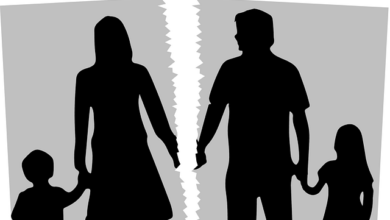World Economic Forum and OAS Leaders Urge Action to Combat Organized Crime and Illicit Trade
Davos, Switzerland – Global leaders gathered at the World Economic Forum in Davos, Switzerland have issued a call for united actions to combat organized crime and illicit trade and announced the development of a global action plan to address the issue to be launched in 2015, a concern shared by the Organization of American States (OAS).
During a meeting of the Global Agenda Council on Illicit Trade and Organized Crime in Davos, the Chair of the Council and OAS Secretary for Multidimensional Security, Adam Blackwell, emphasized that “as we talk about furthering economic integration and prosperity, we must acknowledge the unfortunate evil twin of illicit trade and organized crime and develop concrete strategies to address it.”
At the conclusion of the four-day meeting, the Council, Vice-Chaired by Christina Bain and David Luna, agreed to move forward with the plan, which involves a public-private partnership and will be launched at the annual meeting in Davos in 2015.
The Organization of American States has long made combating transnational organized crime and the illicit trade associated with it a priority, as expressed by the Secretary General of the Organization, José Miguel Insulza, most recently in November at the Fourth Meeting of Ministers Responsible for Public Security in the Americas in Medellin, Colombia, where he urged member states to join together to fight transnational organized crime in a coordinated way.
The Inter-American system has a large network of institutions and conventions relating to the issue of organized crime and illicit trade including the Inter-American Drug Abuse Control Commission (CICAD); the Inter-American Committee against Terrorism (CICTE); MISPA itself; the Meeting of Ministers of Justice or Attorneys General of the Americas (REMJA); the Meeting of Ministers of Defense; the Follow-up Mechanism to the Inter-American Convention against Corruption (MESICIC); and CIFTA, in addition to programs of the Inter-American Development Bank (IDB), the Development Bank of Latin America (CAF), and the World Bank to support the security efforts of member states.
Illicit trade involves money, goods or value gained from illegal and generally unethical activities, including human trafficking, environmental crime, intellectual property infringements, smuggling of excisable goods, trade and illicit financial flow.
According to the WEF, the global value of illicit trade and transnational activities have been estimated at between 8% and 15% of global GDP, or a total of US$3 trillion compared with a legitimate global trade figure of about US$10 trillion-12trillion. Beyond these numbers, illicit trade and organized crime are significant barriers to economic growth, individual and environmental prosperity, as well as corporate responsibility and individual values.

